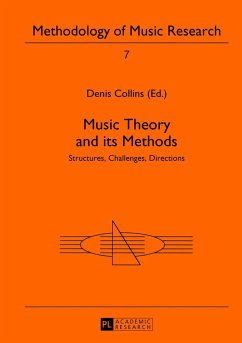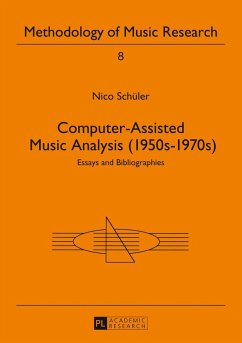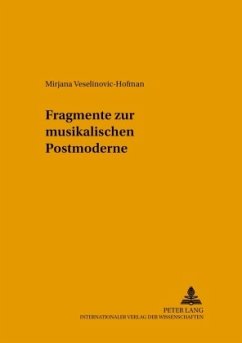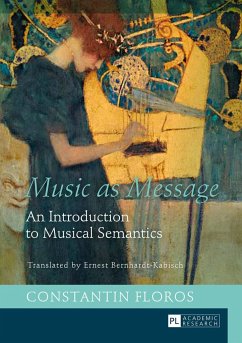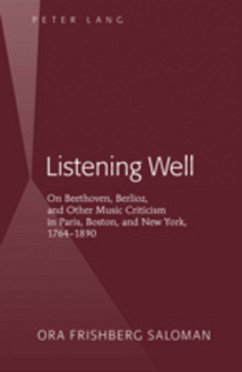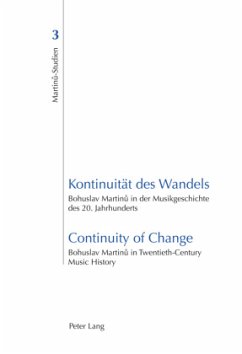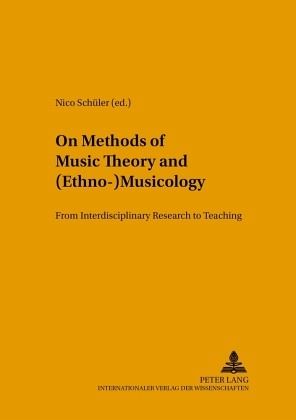
On Methods of Music Theory and (Ethno-) Musicology
From Interdisciplinary Research to Teaching
Herausgegeben: Schüler, Nico
Versandkostenfrei!
Versandfertig in 6-10 Tagen
73,25 €
inkl. MwSt.

PAYBACK Punkte
0 °P sammeln!
Although all research makes use of specific research methods, much music scholarship is being published without any reference to, or reflection on, the premises of the methods employed. In other words, published articles and books are often lacking a discussion of the scope and limitations of the research methods. Furthermore, music theory, musicology, ethnomusicology, music psychology, etc., are not independent disciplines, nor is research in those areas an activity to be defined once and for all. These areas have strong methodological relationships to each other as well as to areas outside t...
Although all research makes use of specific research methods, much music scholarship is being published without any reference to, or reflection on, the premises of the methods employed. In other words, published articles and books are often lacking a discussion of the scope and limitations of the research methods. Furthermore, music theory, musicology, ethnomusicology, music psychology, etc., are not independent disciplines, nor is research in those areas an activity to be defined once and for all. These areas have strong methodological relationships to each other as well as to areas outside the field of music. This book discusses some of the methodological premises, on which music research in the areas of music theory, (ethno-) musicology, and music psychology is based, and focuses on selected interdisciplinary approaches. It also discusses teaching approaches to music theory.






